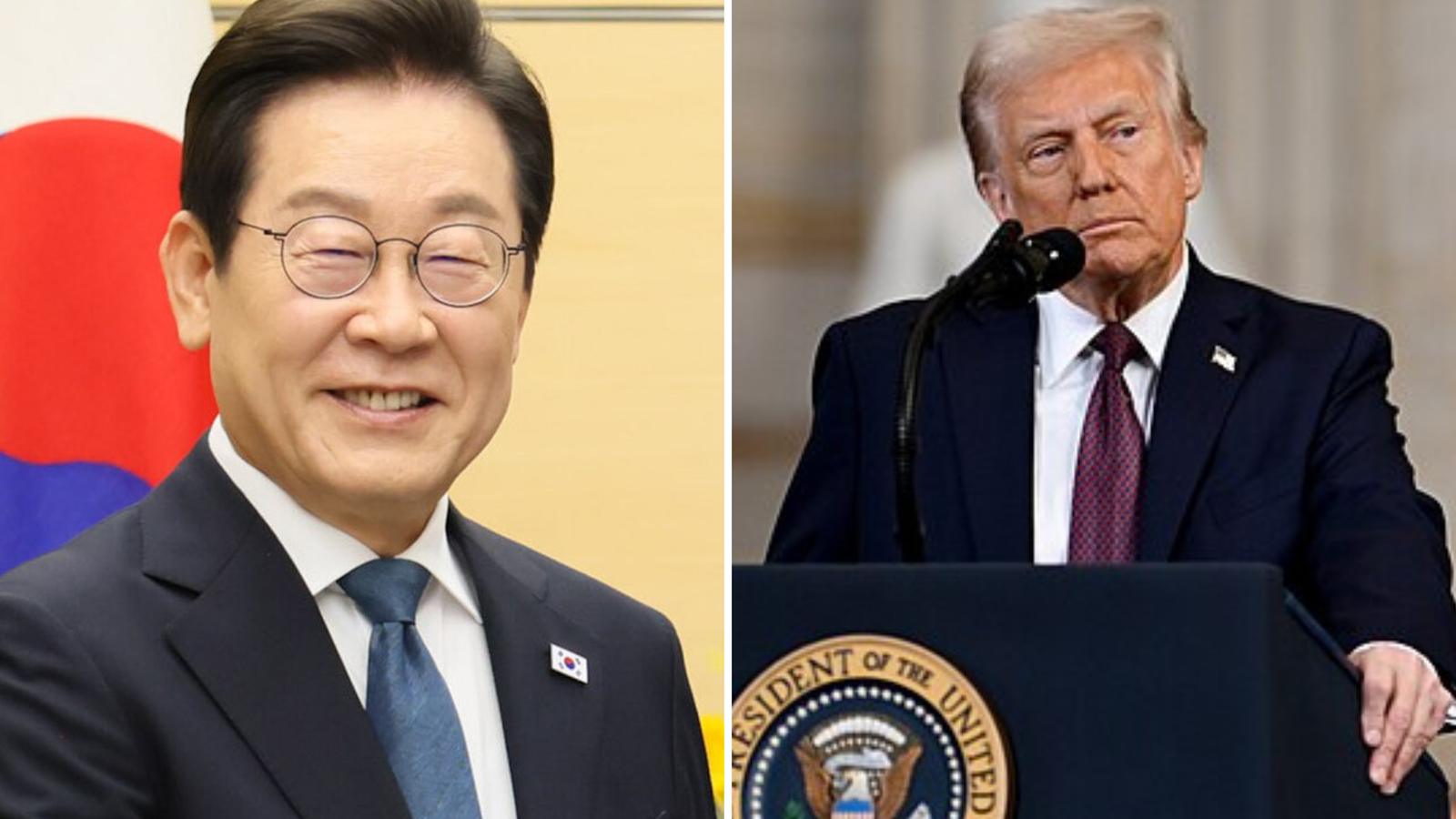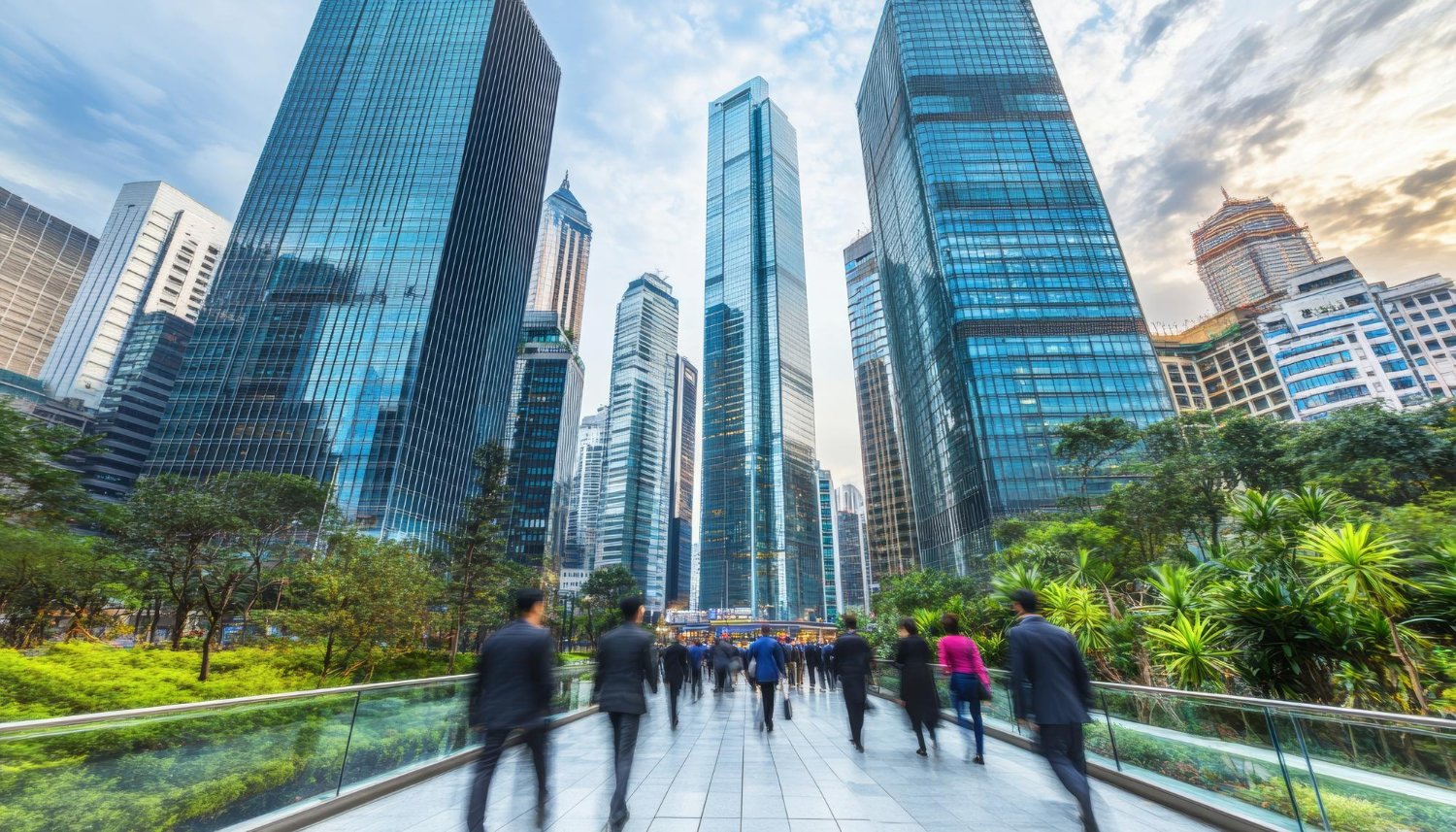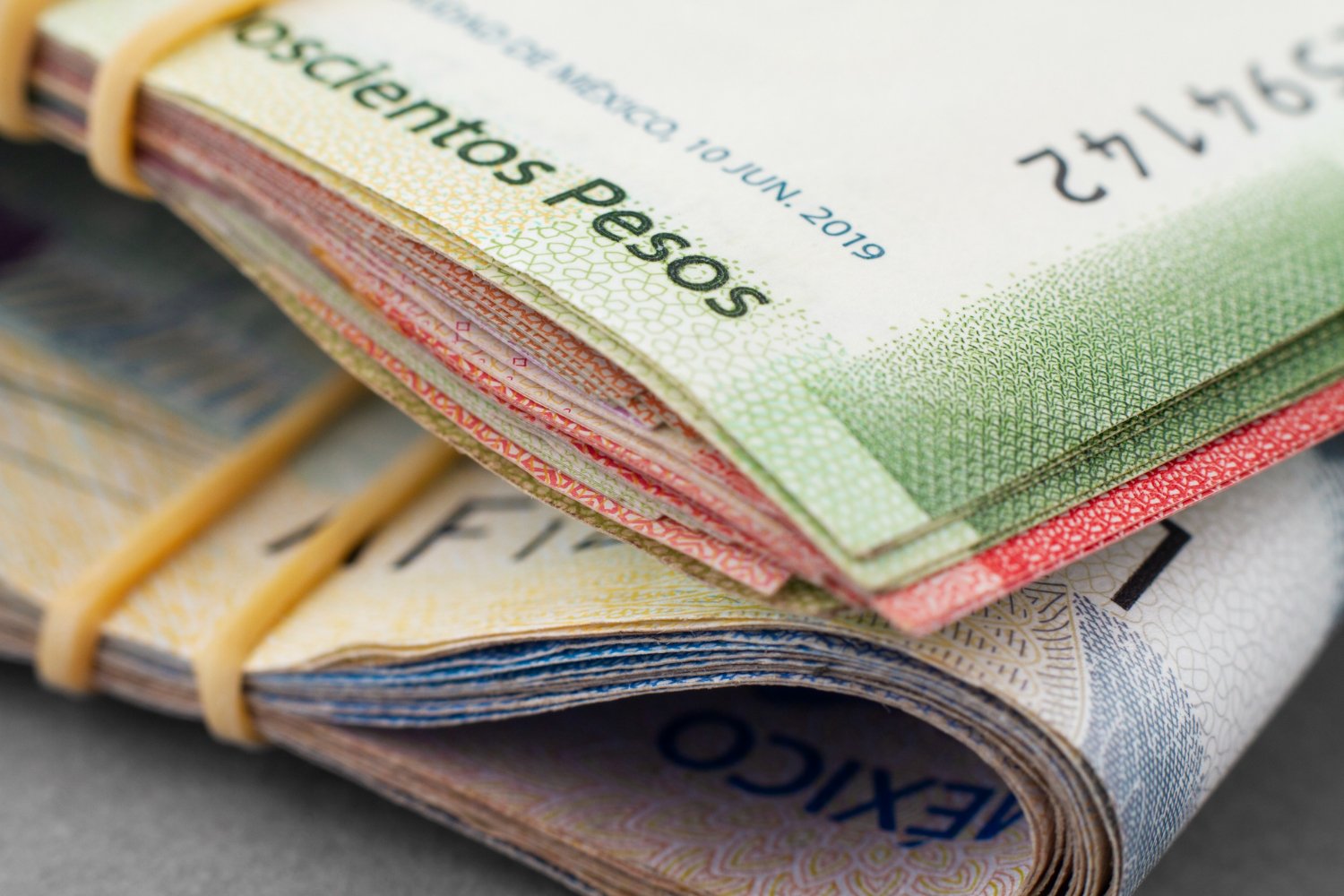
- media@moneyinfocus.news

U.S. President Donald Trump was honored with a gold crown and a national medal during his visit to South Korea, marking the final stop of his Asian tour as Washington and Seoul seek to conclude a long-awaited trade agreement.
South Korean President Lee Jae-myung presented Trump with the Grand Order of Mugunghwa, the nation’s highest civilian honor, during a ceremony in Gyeongju. According to South Korean officials, Trump is the first U.S. president ever to receive the distinction.
“It’s as beautiful as it gets,” Trump said, admiring the ornate medal and joking that he wanted “to wear it right now.” The U.S. leader was also given a replica of a royal crown from the Silla Kingdom — an ancient dynasty that ruled the Korean Peninsula from 57 B.C. to 935 A.D. The original artifact was discovered in a royal tomb in the same city where the ceremony took place.
The exchange of gifts came as both nations entered a sensitive phase of trade negotiations. Speaking at a business forum, Trump adopted a notably softer tone than usual, saying, “The best deals are the ones that work for everyone.” He praised South Korea as a “special partner,” saying the two countries are “married” and “very close” to finalizing a deal.
Despite the optimism, major gaps remain. U.S. and South Korean officials confirmed that Trump’s request for a $350 billion investment commitment from Seoul continues to be a sticking point. Korean policymakers argue that such an upfront cash investment could destabilize their economy, preferring instead to offer loan guarantees and credit facilities, along with a currency swap line to manage financial flows into the U.S.
Addressing the forum before Trump’s arrival, Lee Jae-myung cautioned against protectionism.
“At a time when nationalism and economic survival dominate, words like cooperation and inclusive growth may sound hollow,” Lee said. “But it is precisely in such crises that APEC’s role as a platform for solidarity becomes more important than ever.”
Since the two leaders’ meeting in Washington last August, relations between the allies have been tested. A U.S. immigration raid on a Hyundai plant in Georgia in September led to the detention of more than 300 South Korean workers, sparking outrage in Seoul.
Lee warned that without improvements to the U.S. visa system, Korean corporations could hesitate to expand operations stateside.
“If the system doesn’t change, building factories in the U.S. could become severely disadvantageous — or even impossible — for our companies,” he said.
The discussions in Gyeongju coincide with the Asia-Pacific Economic Cooperation (APEC) summit, hosted this year by South Korea. Founded in 1989, the 21-member forum represents over 37% of the world’s population and more than half of global trade.
While Seoul works to smooth tensions with Washington, Trump is also expected to meet Chinese President Xi Jinping on Thursday — a highly anticipated encounter amid escalating U.S.–China trade friction. The two powers have traded tariff hikes and technology restrictions in recent months, while Beijing has responded with export limits on rare earth minerals.
Analysts say neither side appears ready to make sweeping concessions but may seek to lower tensions. “As a middle-power nation, South Korea is uniquely positioned to champion cooperation and open markets between Washington and Beijing,” said Choi Yoon-jung, senior fellow at Seoul’s Sejong Institute.
Adding to the geopolitical complexity, North Korea announced on Wednesday that it successfully tested a sea-to-surface cruise missile in its western waters. The regime’s official news agency claimed the weapon would expand the operational reach of its nuclear-armed forces.
The launch occurred just hours before Trump’s meeting with Lee. Asked about the test, Trump dismissed concerns, saying, “He’s been launching missiles for decades, right?”
Although Trump had previously hinted at a possible meeting with Kim Jong-un during his South Korea visit, he later said his “schedule was very tight.” Pyongyang has rejected renewed diplomatic talks, demanding that Washington drop its insistence on denuclearization before negotiations resume.
As Trump’s Asian tour draws to a close, the ceremony in Gyeongju symbolized both honor and high stakes. For South Korea, the gold crown was a gesture of respect — and a plea for balance between friendship and national interest. For Trump, it was a reminder that even amid royal pageantry, the next big deal may depend on how both sides navigate the delicate blend of trade, trust, and power politics shaping the Indo-Pacific region.

We are a dynamic daily channel dedicated to delivering essential insights on economics, business, and politics—empowering professionals and decision-makers to navigate a complex and fast-evolving world. Our content blends in-depth reporting, exclusive analysis, and strategic interviews to help readers stay informed, anticipate opportunities, and make smarter decisions. Connect with us at info@moneyinfocus.news
to collaborate or learn more.







